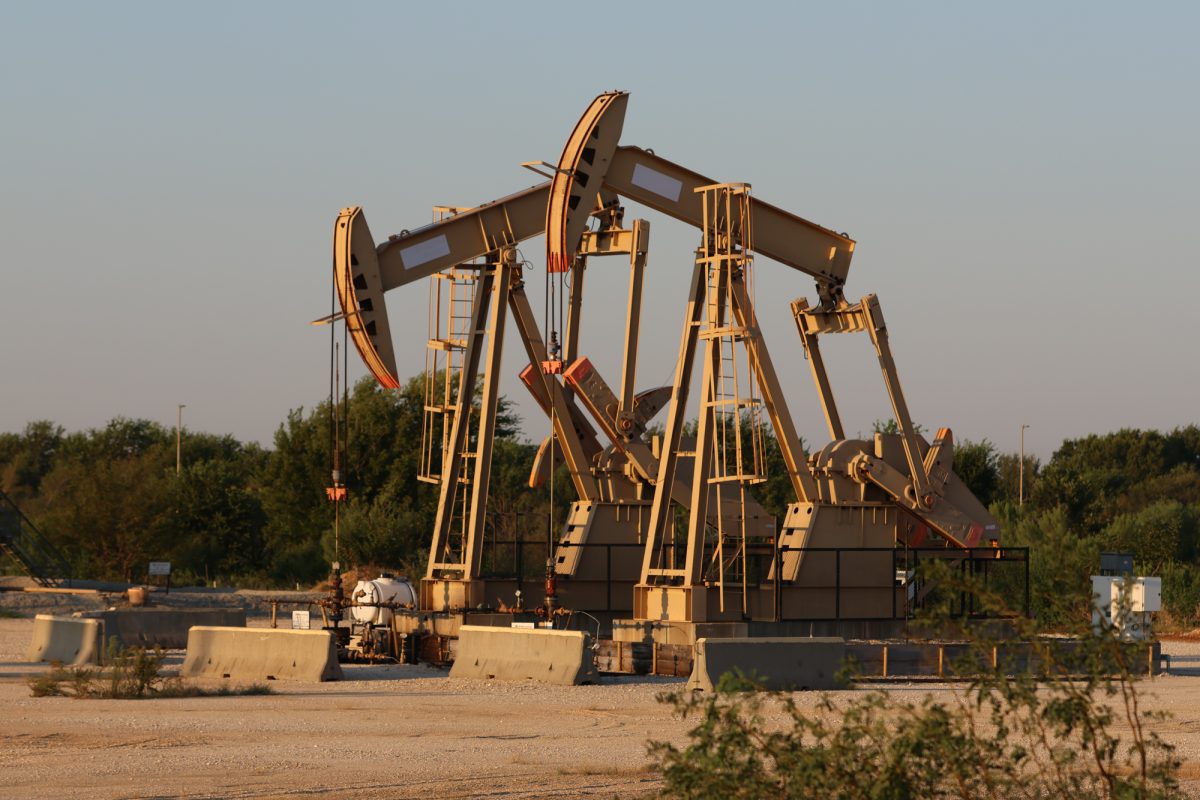One of President Donald Trump’s central policy priorities has been reshaping the U.S. energy sector to prioritize domestic production. The Energy Independence Executive Order reversed several environmental regulations from prior administrations, including bans on federal coal leasing and restrictions on drilling and manufacturing permits while actively promoting the expansion of oil and gas development.
This push for energy independence, along with the growth of the fossil fuel industry in the past decade, has led Americans to question the potential environmental and economic impacts of these new policies.
Mark Barteau, Ph.D., professor of chemical engineering with focuses on energy and climate policy, said Trump’s policies reflect a fundamental misunderstanding of the nature of U.S. energy systems.
“I cannot think of a more wrong-headed energy policy,” Barteau said. “Our energy system has been interwoven globally for a very long time.”
The energy industry depends on a network of international partnerships resulting from the specialized production of different energy sources across nations. Barteau explained that isolating the U.S. from being able to import these energy sources is not something that can be done immediately without severe ramifications.
“Industry has been creating integrated supply chains over North America for 30 plus years,” Barteau said.
Barteau went on to explain that when it comes to sustainability, the country is likely to see negative environmental effects.
“They certainly won’t make the U.S. energy independent in a sustainable way, especially when you are talking about environmental policy,” Barteau said. “These policies are incompatible with the need to reduce greenhouse gases in the atmosphere.”
Guillermo Garcia Sanchez, professor of law with expertise in international energy policy, explained that in terms of the economic impact of these policies, the effects will likely be seen immediately.
“There will be a spike in prices from the importing of crude oil,” Garcia Sanchez said.
Due to the tariffs imposed on imported gasoline, gas companies will be faced with the choice of either absorbing the additional costs or passing them on to consumers. In most instances, companies are likely to experience significant profit losses if they bear the full burden of these costs, resulting in consumers paying at least a portion of the increased expenses.
While these efforts are aimed at increasing domestic oil production in the United States, Garcia Sanchez explained that this transition is not so straightforward.
“Our refineries are not set up to refine the crude that we are trying to produce in the U.S.,” Garcia Sanchez said.
Garcia Sanchez explained that U.S. refineries are specifically designed to process heavy crude imported from Canada and Mexico due to its lower cost and broader applicability. However, the United States domestically produces light crude. As a result, we lack much of the necessary infrastructure to refine our own oil.
“We don’t have enough refining capacity to process our oil,” Garcia Sanchez said.
Consequently, refineries will need to invest in infrastructure to refine light crude. However, uncertainty about the long-term stability of these policies could hinder successful implementation, and the transition would be both costly and time-consuming.
Garcia emphasized that in terms of both refining capacity and environmental impact, it will take years before the U.S. starts to see the full effects of these policies.
“Any policy that is being taken regarding fossil fuels now, we won’t see the results until 10 years later,” Garcia Sanchez said.






















